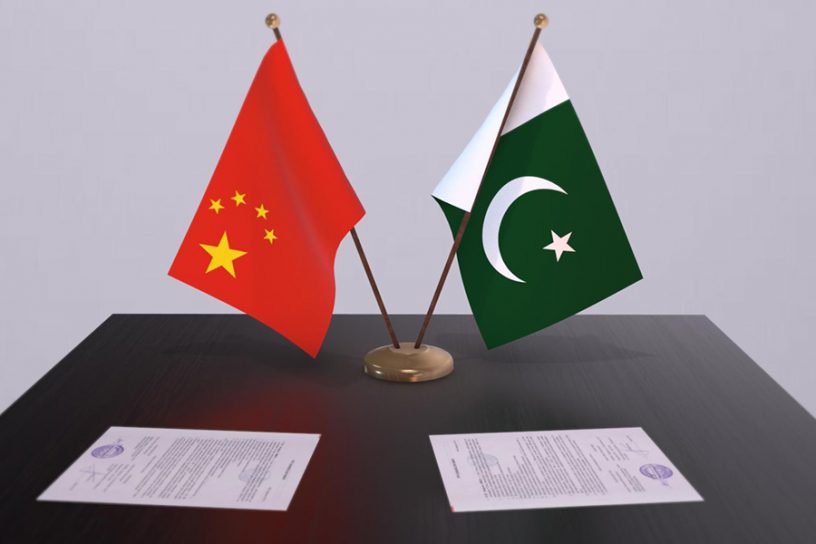
Efforts need to be made to counter violent extremist programmes, enhancing the rule of law and access to essential public goods given the grim economic condition of Pakistan, and creating mechanisms to address legitimate grievances and governance issues in Gilgit Baltistan.
Authors
Abhinav Mehrotra, Assistant Professor, Jindal Global Law School, O.P. Jindal Global University, Sonipat, Haryana, India.
Amit Upadhyay, Associate Professor, Jindal Global Law School, O.P. Jindal Global University, Sonipat, Haryana, India.
Summary
A recent report by the International Forum for Rights and Security (IFFRAS) highlighted the socio-economic impact of the China-Pakistan Economic Corridor project on the residents of Gilgit Baltistan. The report claims that the economic and political rights of the local people have been snatched and they are being deprived of their basic human rights like employment, electricity, and education etc, particularly affecting the vulnerable population.
The group of individuals that are most at risk are the pregnant women and unaccompanied minor children. All this has been attributed to the increasing involvement of China that has increased its penetration under the guise of developmental work, which constitutes a violation of the municipal law. Under municipal law, the lands can only be used for the construction of military infrastructure in Gilgit Baltistan.
These incidents are ringing a bell in South Asia during arguably a major collapse of Pakistan’s economy. There are several questions regarding the history of the region of Gilgit Baltistan, impacts of the China-Pakistan Economic Corridor, and what possible steps should be taken to prompt changes on the ground to protect the socio-economic and political rights of the residents.
Historically, the Gilgit Baltistan region has been vulnerable to sectarian conflict and violent extremism. One of the reasons that is often discussed is that it is territorially, historically, and culturally connected to Ladakh, which has not been seen in a positive light by the government in Pakistan. In 1949, the Pakistan government established the Ministry of Kashmir Affairs and Northern Areas that included the Gilgit Baltistan region with an aim to treat them as a direct extension of Pakistan territories.
Published in: ABP Live
To read the full article, please click here.


